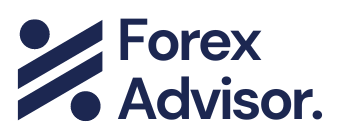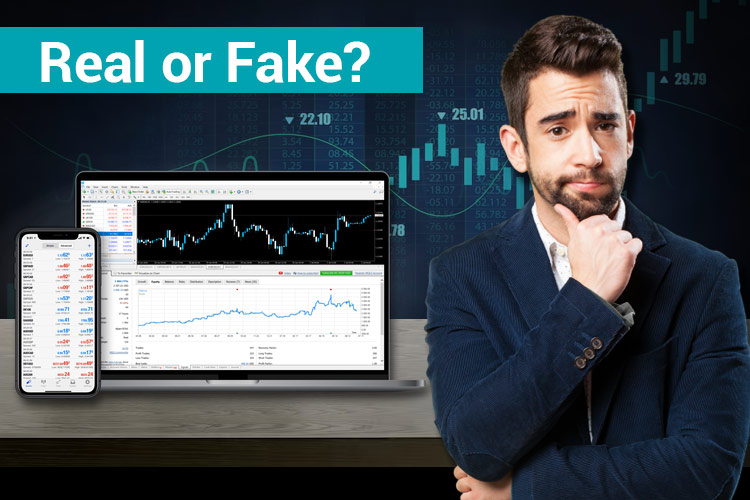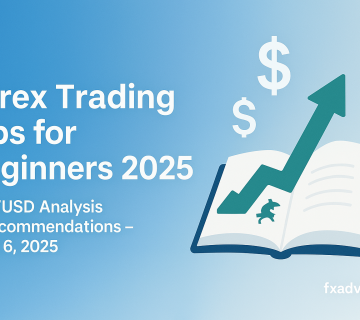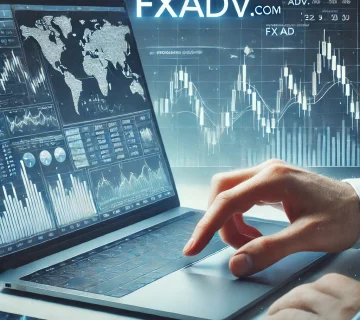he Forex market, with its promise of high returns, attracts many traders worldwide. However, navigating this market requires caution, especially when choosing a broker. This article will guide you on how to identify approved Forex brokers and avoid scams.
you also can resd
Forex Profits Unveiled: Is It Really as Easy as They Say?
Understanding the Importance of Choosing the Right Broker
Choosing the right Forex broker is crucial for your trading success. An approved broker ensures the safety of your funds and provides a fair trading environment. On the other hand, scam brokers can lead to significant financial losses. Therefore, understanding the characteristics of approved brokers and recognizing the red flags of scam brokers is essential.
Characteristics of Approved Forex Brokers
- Regulation and Licensing
- Approved brokers are regulated by reputable financial authorities such as the Financial Conduct Authority (FCA), Australian Securities and Investments Commission (ASIC), or Cyprus Securities and Exchange Commission (CySEC). These regulatory bodies enforce strict standards to protect traders.
- Always verify the broker’s regulatory status on the official websites of these authorities. A legitimate broker will proudly display their regulatory information on their website.
- Transparency
- Legitimate brokers provide clear information about their fees, spreads, and trading conditions. They should have a well-designed website with detailed disclosures about their services.
- Transparency also extends to their business practices. Approved brokers will not hide any terms and conditions and will ensure that you understand all aspects of your trading account.
- Customer Support
- Reliable brokers offer robust customer support through multiple channels like phone, email, and live chat. Good customer support is a hallmark of a reputable broker.
- Test their responsiveness and professionalism before committing. A quick and helpful response can indicate a broker’s commitment to their clients.
- Security Measures
- Approved brokers use advanced security measures such as SSL encryption to protect client funds and data. This ensures that your personal and financial information is safe from cyber threats.
- They keep client funds in segregated accounts, separate from their operational funds. This practice ensures that your money is protected even if the broker faces financial difficulties.
Red Flags of Scam Brokers
- Lack of Regulation
- Scam brokers often operate without any regulatory oversight. Always check for a valid license. If a broker is not regulated by a reputable authority, it’s best to avoid them.
- Unrealistic Promises
- Be cautious of brokers promising guaranteed high returns with little or no risk. Forex trading involves risk, and no legitimate broker can guarantee profits. Such promises are often a sign of a scam.
- Poor Website and Communication
- Scam brokers often have poorly designed websites with broken links and unprofessional communication. A lack of professionalism in their online presence can be a major red flag.
- Pressure Tactics
- Scam brokers might use high-pressure sales tactics to push you into making quick decisions. Legitimate brokers respect your decision-making process and will not rush you into opening an account or making trades.
How to Verify a Broker
- Check Regulatory Status
- Visit the official websites of financial authorities like FCA, ASIC, or CySEC. Use their search functions to verify the broker’s name or registration number. This step is crucial to ensure that the broker is genuinely regulated.
- Read Reviews and Testimonials
- Look for reviews on independent financial websites like Forex Peace Army, Trustpilot, or Investopedia. These platforms provide insights from other traders’ experiences.
- Check Forex trading forums and social media groups for discussions about the broker. Be cautious of overly positive or negative reviews, as they might be biased or fake.
- Test Customer Support
- Contact the broker’s customer support through different channels to gauge their responsiveness and professionalism. Note the quality of the answers you receive. Good customer support is indicative of a broker’s reliability.
- Examine the Broker’s Website
- Ensure the website provides clear information about regulatory status, fees, spreads, and trading conditions. Look for SSL encryption and other security measures. A professional and transparent website is a good sign of a legitimate broker.
- Look for Awards and Recognitions
- Check if the broker has received any industry awards or recognitions from reputable organizations. Awards can be an indicator of the broker’s credibility and reliability.
- Trial Account
- Open a demo account to test the broker’s trading platform and services without risking real money. This allows you to get a feel for their trading conditions and customer support.
Conclusion
Choosing an approved Forex broker is essential for a safe and successful trading experience. By following the steps outlined in this article, you can better ensure that you are dealing with a legitimate and reliable broker. Always do your due diligence and stay informed to avoid falling victim to scams. Remember, the right broker can make a significant difference in your trading journey.













